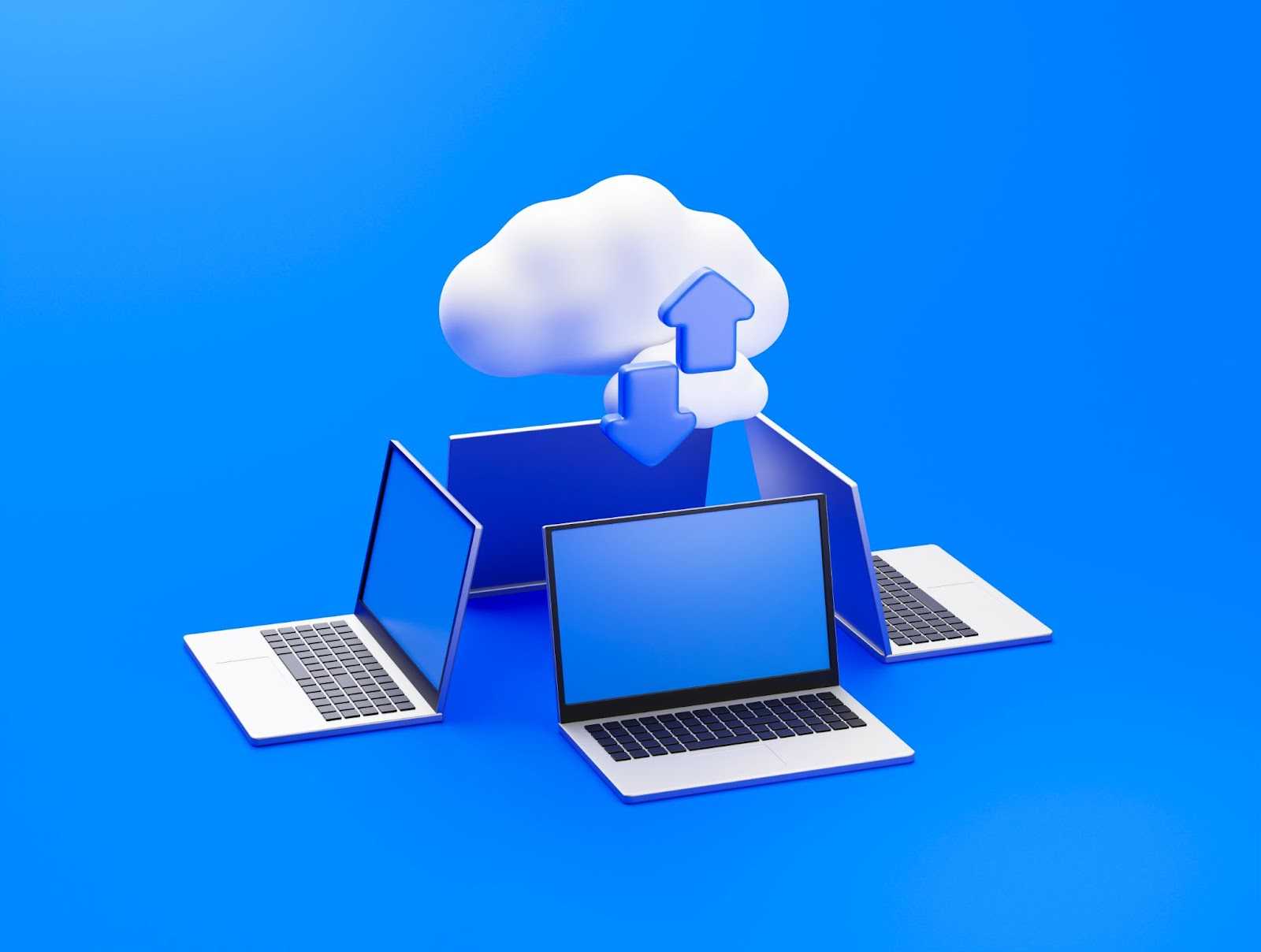Over the past few years, many organizations have begun to feel the growing pressure to modernize their enterprise systems. One of the most common transitions taking place is the move from Oracle E-Business Suite (EBS) to Oracle Fusion Cloud ERP. While both platforms are powerful in their own right, Fusion ERP offers modern capabilities that better align with today’s cloud-first and data-driven business environments.
If your company is still relying on Oracle EBS, you might be wondering what it really takes to move to Fusion—and more importantly, whether now is the right time to start. As an Oracle Partner deeply involved in digital transformation projects, we’ve helped clients of all sizes navigate this critical shift. Here's what you need to know before taking the leap.
Why Consider Migrating from Oracle EBS?
Let’s start with the basics: Oracle EBS has been a reliable on-premises ERP system for decades. However, its architecture reflects the needs of an earlier era—one that required physical infrastructure, longer deployment cycles, and manual updates. In contrast, Fusion Cloud ERP was designed for flexibility, speed, and continuous innovation.
Some of the most compelling reasons organizations are moving to Fusion include:
Automatic quarterly updates with new features and compliance capabilitiesIntegrated AI and analytics tools that support better, faster decision-making
A lower total cost of ownership over time by reducing hardware and maintenance expenses
Seamless scalability, especially for companies experiencing regional or global expansion
These advantages make the case for modernization increasingly difficult to ignore.
What Changes When You Move to Oracle Fusion Cloud ERP?
Migrating to the cloud isn’t just about upgrading your software—it’s a shift in how your business runs day to day. Fusion ERP introduces a redesigned user interface, modular architecture, and native cloud services that reshape business processes.
You can expect:
- A redesigned data model, which may require a rethink of how data is structured and used
- Streamlined workflows, especially in finance, procurement, and supply chain functions
- Built-in intelligence, like predictive cash flow insights and supplier risk scoring
- Role-based dashboards and mobile accessibility that improve user experience company-wide
While the benefits are clear, these shifts also require careful planning and training to ensure a smooth transition.
Planning Your Migration: What to Think About First
A successful migration begins with a clear understanding of your current system, your future goals, and the gaps in between. It’s not a one-size-fits-all process—and that’s where the value of working with an experienced Oracle Partner comes in.
Here are a few early considerations:
Inventory Your Customizations: Many companies have heavily customized their EBS environments. Understanding which of those are still necessary—or whether Fusion offers a native alternative—is key.
Review Your Integrations: Identify which third-party systems connect with your ERP and assess their readiness for cloud integration.
Clean Your Data: Migration is the perfect time to address outdated, redundant, or inconsistent records.
Decide on a Migration Path: Will you take a phased approach, a full replacement, or a hybrid strategy?
Each decision impacts your project timeline, resource needs, and potential risks.
Why Partnering with the Right Experts Matters
Working with the right Oracle Partner can simplify and de-risk your migration journey from Oracle E-Business Suite (EBS) to Oracle Fusion Cloud ERP. At The Cloudors, we bring not only certified Oracle expertise but also real-world experience across industries, company sizes, and geographies.
When you choose The Cloudors, you gain a partner who can:
- Map out a detailed migration roadmap tailored to your business.
- Align your objectives with Fusion ERP’s capabilities, ensuring technology supports strategy.
- Provide change management and training to drive adoption across your teams.
- Ensure a smooth go-live and post-launch optimization, so your investment delivers long-term value.
Whether you’re in manufacturing, retail, finance, or government, our team specializes in tailoring Oracle solutions to the unique needs of each sector.
Final Thoughts
Migrating from Oracle EBS to Fusion Cloud ERP is a significant step—but it’s also an opportunity to achieve new levels of agility, efficiency, and innovation. With the right preparation and The Cloudors by your side, the process becomes clear, structured, and far more rewarding.
In a digital landscape that never stops evolving, staying tied to legacy systems can hold your business back. Fusion ERP isn’t just an upgrade—it’s a chance to rethink how your organization operates in a cloud-first world.
Ready to begin your transformation? [Connect with The Cloudors today] to explore your migration path.
Further Reading
Streamlining Real Estate Operations with Oracle Cloud
The Power of a Learning-First Mindset in Oracle Cloud Services
Maximizing Your Cloud Potential: Why Migrate to Oracle Recruiting Cloud?
Ready to find out more?
